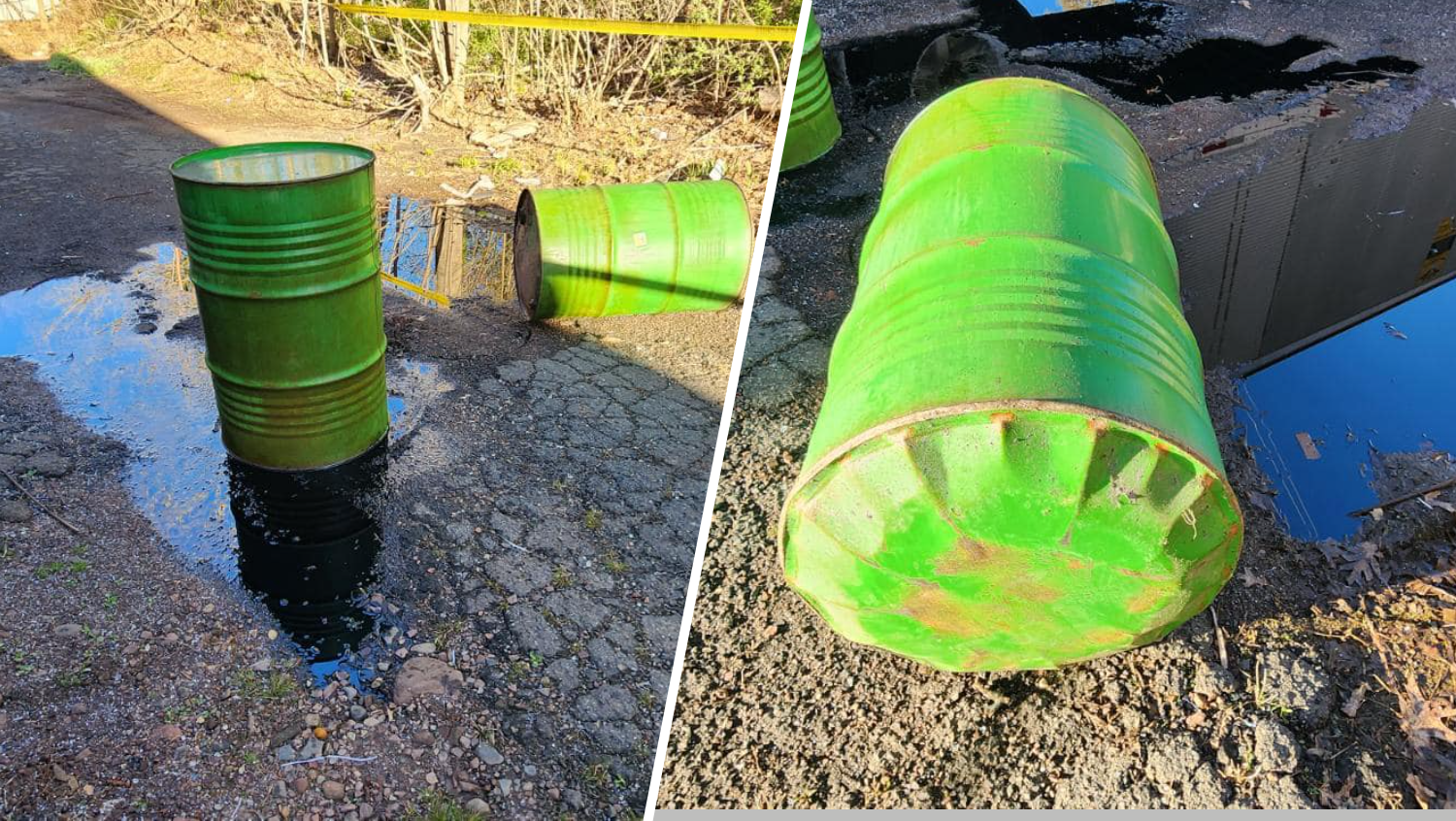There are some lingering signs of summer, but behind them, fall is here.
Soon, Connecticut will have the inevitable frigid nights, and it will be time to turn on the heat.
The National Energy Assistance Directors Association predicts heating a home could cost up to 30% more this year due to economic recovery from the pandemic.
The winter months can mean a freeze on spending for Jalissa Banks. She lives in an apartment, but the smaller space does not equate to a smaller bill.
Get Connecticut local news, weather forecasts and entertainment stories to your inbox. Sign up for NBC Connecticut newsletters.
“The heating bill goes high, extremely high,” Banks said. “Where I'm at now, the heat for one month, the first month actually that I moved in, was $500. And so it’s just a little difficult to pay that for one month. And then you know I am low-income, so it becomes very difficult.”
It has led her to make some tough choices when weighing where to use her wallet.
“There’s times where I could not make ends meet,” Banks said. “It comes to 'okay well, I got the heat bill to pay, and then okay boom, here I gotta get groceries. And then okay, here's the rent'. And it all comes, it becomes overwhelming.”
Local
The struggle brought Banks to Access Community Action Agency, where she applied and qualified for the Home Energy Assistance Program, known as HEAP.
“It helps you set up a budget so you can be able to pay your bills, and they match you. It puts a dent in that bill,” Banks said.
Senior Director Kathleen Krider explains those eligible can apply for the state assistance program at the Access locations in Willimantic and Danielson.
“You receive assistance from Access, and then that allows you to close the gap somewhere else in your life,” she said.
The agency accepts applications August through May, and serves 6,000 Connecticut households a year.
“You identify your Home Energy Assistance vendor, whether that be oil, coal, gas, electricity, and then we pay the vendor directly,” Krider said
To qualify for HEAP, individuals and families must be at or below 60 percent of state median income.
That means that a single person can make up to $39,027 a year and a family of four can make up to $75,052.
“If we can pay your home heat bill, and save you those dollars, maybe you can take those dollars and put them towards a car that isn't running well to get you to work,” Krider said. “Maybe you can put that money towards feeding your family in a nutritious way. Maybe you can put that towards paying your rent or your mortgage which keeps shelter roof over your head.”
Regardless of whether a household qualifies for assistance, there are always small actions that can be taken around the home to keep the heating bill down.
“Actually, this is a perfect time for customers to start preparing for the winter months,” Tricia Modifica, an Eversource spokesperson, said.
Modifica said Eversource has free resources that help determine a home’s energy efficiency. One is a heating calculator on the website, which will show how the colder months will impact bills.
Another is a kilowatt electric usage kit. It can be rented from one of 200 participating libraries, and lets you see exactly how much energy devices are using.
Modifica said for every one degree you can lessen your thermostat, you can save up to two percent on your statement.
For something necessary like heat, people can also deploy a few simple tricks to be treated with a lower bill this autumn.
“A programmable thermostat or a smart thermostat is always a great investment,” Modifica said. “Keep your shades and blinds open on the south side of the house to allow the heat to warm up the home but then shut those shades at night to retain the heat inside. And always have your heating system checked once a year.”



